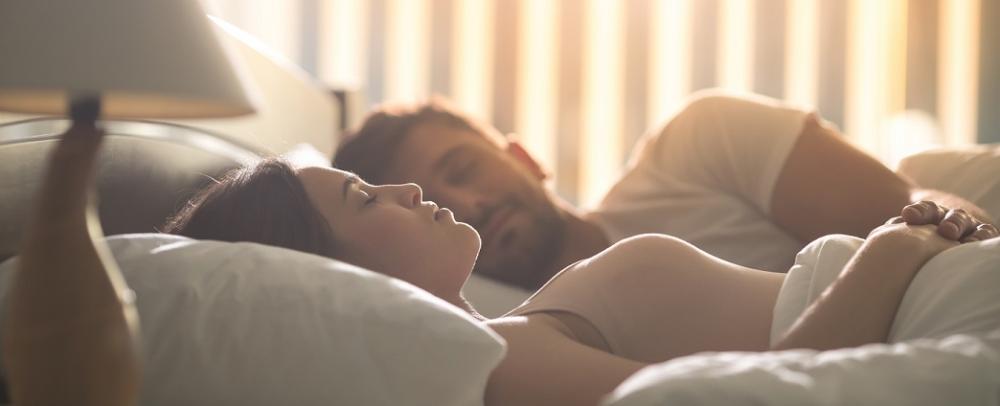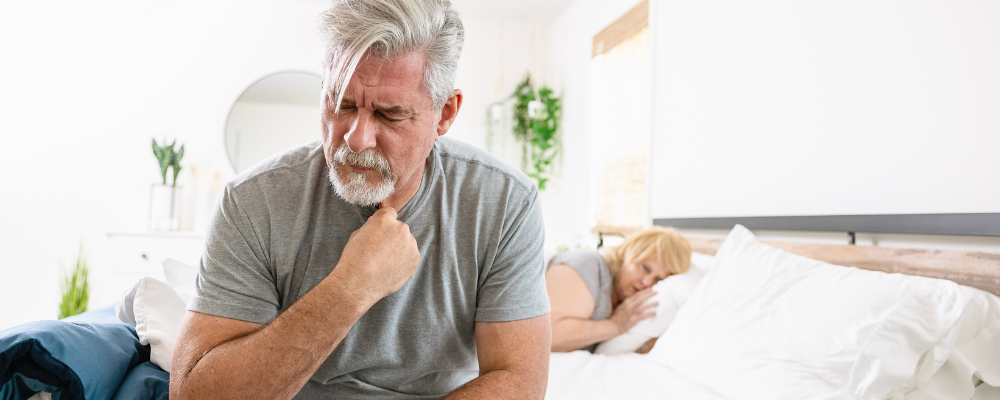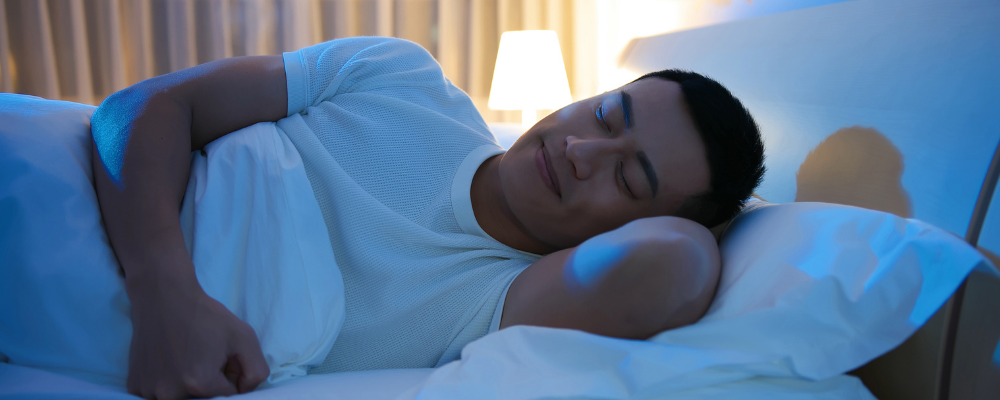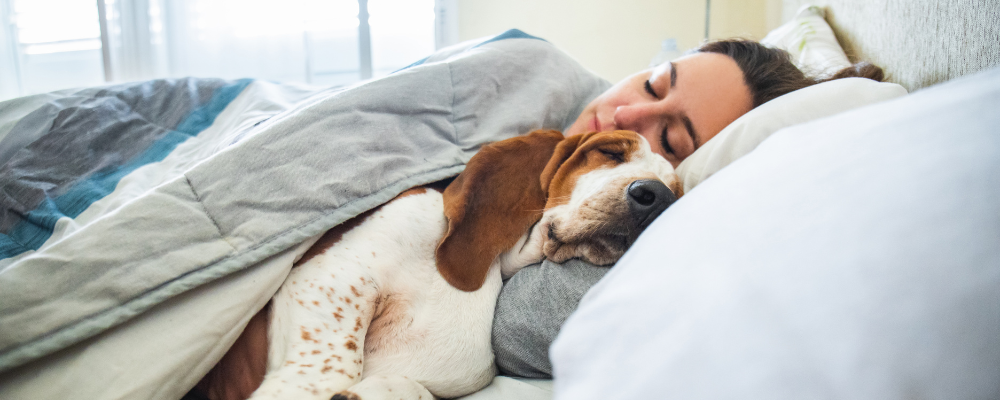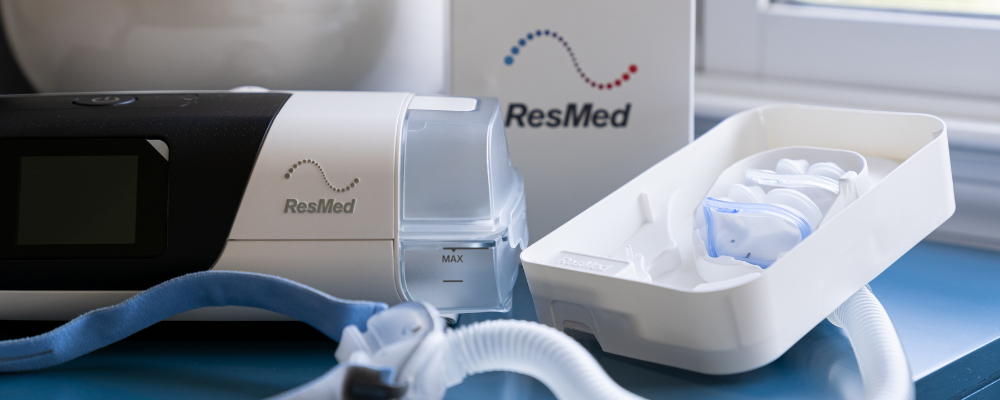When we think about procrastination, sleep isn’t what typically comes to mind. We think about piling up the clean laundry in that special chair instead of folding it neatly back in the dresser. In fact, sleep hasn’t been something to procrastinate on since the days we wanted to stay up and watch our parents’ primetime show on a school night, and that was a long time ago.
Sleep procrastination is very real though, and it’s often a result of stress. We’ve all experienced that moment when we finally make it to bed after a busy day and can’t fall asleep. That, my friend, is sleep procrastination, and Aeroflow Sleep has 5 sleep hygiene tips to ensure it doesn’t happen to you.
Table of Contents
What Is Sleep Procrastination?
Sleep procrastination, or revenge bedtime procrastination, is when the nervous system responds to stress and anxiety from earlier in the day with stimuli that prevent the brain and body from shutting down until said stress and anxiety has passed; i.e. the thing that you’re stressing about has been resolved. That said, there are two types of sleep procrastination: voluntary and involuntary.
Involuntary Sleep Procrastination
Involuntary sleep procrastination is when you’re the type of person who has an overactive mind at bedtime and catches yourself staring up at the ceiling, wondering how you could have managed the day better. You’d rather be asleep, but you can’t turn your brain off.
Voluntary Sleep Procrastination
Voluntary sleep procrastination is when you actually put off going to bed in order to accomplish all of the necessary tasks in the same day. You do this to feel a sense of control when stress does arise. Regardless, it has affected your bedtime routine and ultimately how well you sleep at night.
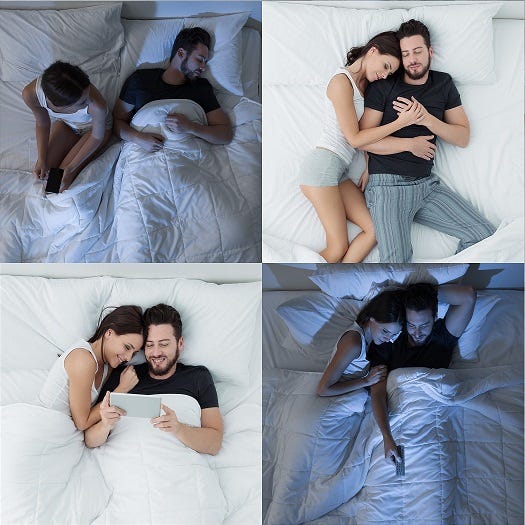

People often generalize and think of sleep procrastination as acute insomnia, but this is not always the case. The difference between insomnia and sleep procrastination is how many nights your inability to fall asleep lasts. Insomnia is classified as lasting 3 or more days in a given week, whereas sleep procrastination should still be followed by good sleep the next day, once the stressor has passed.
What Causes Sleep Procrastination?
Stressors, like a late night at the office or receiving bad news, are certainly a cause of sleep procrastination, but they’re not the only ones. If you’re already limiting your free time during the day or not getting enough sleep at night, you’ve made yourself susceptible to sleep procrastination, because prioritizing anything else over sleep will ultimately keep you from getting a good night’s rest when stressors do occur. How you take care of your own well-being now is what determines if sleep procrastination happens later.
Let’s look at one such stressor everyone can relate to: COVID-19. New research suggests that around 40% of adults experienced increased problems with sleep during 2020 due to stressors like the pandemic. Even if you’ve never had the coronavirus, it’s an ongoing public health crisis that continues to impact everyone’s mental health, and quality sleep is tied to our mental health.
- Unresolved stress or anxiety from earlier in the day
- Leftover tasks you haven't accomplished
- Limiting your free time during the day
- Extended work hours that leave no time for relaxation
- Not getting enough sleep at night
Sleep deprivation can lead to anxiety, depression, lack of focus, mood swings, poor decision-making, and more. That’s why sleep aids are sometimes prescribed with antidepressants. Express Scripts, one of the largest pharmacy benefit management companies, tells Newsweek that the pandemic has been a major cause for medication. “When the health crisis worsened in the United States, use of medications for anxiety, depression and insomnia combined rose by 21%.”
Whatever the reason, sleep procrastination is not a new area of procrastination. Scientists have known about this psychological phenomenon for quite some time. The only thing that’s seemingly unexpected are the causes, particularly when it’s voluntary. The concept of fitting leisure time in during what should be a part of your sleep cycle appears to be a recent byproduct of our busy lives. In other words, lack of sleep is the new norm, and that’s concerning when you consider the consequences of insufficient sleep.
What Are the Consequences of Sleep Procrastination?
At the end of the day, the consequences of sleep procrastination may be dire. Sleep procrastination may affect your immune system negatively and bring about health problems like heart disease and high blood pressure. In fact, there’s a fine line between sleep procrastination and insomnia, and if the stressor does not pass or worsens, you may find yourself among those in need of medication.
Nobody wants to suffer these consequences, and a voluntary bedtime procrastinator, who chooses finishing a to-do list over sleep, has the power to change their actions through self-regulation. You can accept that your to-do list may not get done today, and that’s okay! Instead, see what you can do to achieve better sleep through sleep hygiene.
What Is Sleep Hygiene?
Lifestyle changes and practices that promote better sleep are what make up sleep hygiene. Just like wellness is necessary for your overall health, sleep hygiene is needed to combat afflictions like sleep procrastination. Here are 5 tips for superb sleep hygiene:
5 Tips for Superb Sleep Hygiene
1. Avoid Electronics Before Bed
In this day and age, scrolling through social media before bed is a bad habit many have. Blue light emitted from LCD screens like our phones fools the brain into thinking it’s daytime, so it’s best to keep electronics out of the bedroom.
2. Make Your Bedroom Comfortable
There are so many ways to make your bedroom comfortable and inviting for quality sleep time. Turn down the thermostat to 65℉ (18.3℃), keep it as dark as possible by installing blackout curtains, and establish a rule that the bedroom is your own private oasis—no kids or pets. Even painting your bedroom a calming color will evoke a feeling of rest and relaxation. Carleara Weiss, Ph.D. and Sleep Science Advisor at Aeroflow Sleep, recommends light blue among other soothing paint colors.
3. Try Sleep Medicines
Sleep medicines like melatonin may help too. This over-the-counter supplement jumpstarts the sleep-wake cycle and promises some shut-eye. You can also try essential oils or hot tea. Do not use alcohol as a form of sleep medicine.
4. Plan a Sleep Schedule
Whether you are a night owl or an early bird, go to bed at the same time every night, and your body’s natural circadian rhythms will follow suit. Gone will be the days when you couldn’t fall asleep after 10 PM, as long as you go to bed at 10 PM consistently.
5. Get Enough Sleep
Adults need 7-9 hours of sleep to function properly, and people with sleep disorders like Obstructive Sleep Apnea (OSA) need to wear their CPAP masks at least 4 hours to ensure they have a good night’s rest. Not sure if you have OSA? Aeroflow Sleep has the answer.
Don't Procrastinate on Your Health
OSA is the most common form of sleep apnea, but it’s difficult to diagnose yourself since the symptoms primarily occur while you’re sleeping. You may snore, wake up with a sore throat or dry mouth, and even experience insomnia—of which we now know sleep procrastination can be a precursor.
Contact your doctor if this sounds like you, as a sleep study may be recommended. A sleep study will record your oxygen levels, heart rate, and breathing to determine if (and how often) your breathing stops during the night. After the sleep study is performed, your doctor will tell you if you have sleep apnea and prescribe CPAP therapy if you do. That’s where we come in!
Aeroflow Sleep can help with all of your sleep problems, especially OSA. We work with your doctor and insurance providers, including Medicaid and Medicare, to get you the best possible coverage for CPAP supplies. All you need to do to begin is fill out a simple form to check your eligibility. Don’t procrastinate on your health; we’re here for you!


